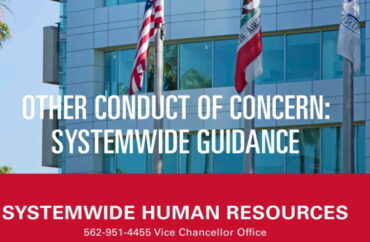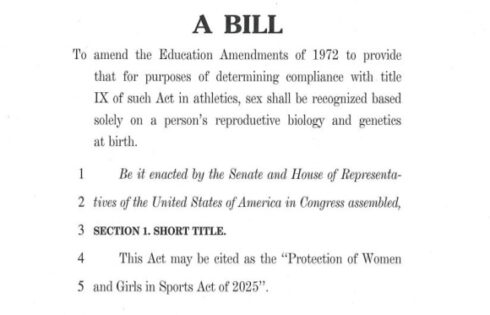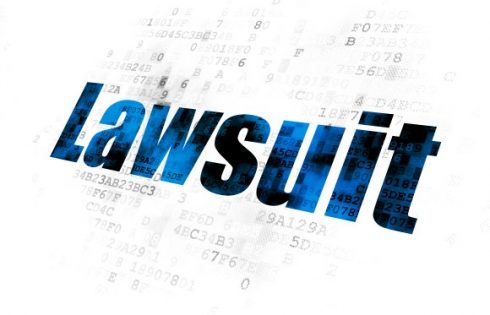
A new policy currently being rolled out by California State University system leaders aims to crack down on bias, microaggressions, intimidating behavior, and bullying — but has raised free speech alarm bells.
The “Other Conduct of Concern” policy would oversee discrimination and harassment complaints that do not violate CSU policies or local, state, or federal laws. Currently in draft form, it will be finalized this month and submitted to the California Auditor in early January.
It requires employees at all 23 campuses to address any and all reports of “verbal abuse,” “intimidating behavior,” “microaggressions that are not pervasive,” “bullying,” “hostile language,” and “acts of bias.”
The policy is an attempt to right the course after a scandal hit the system several years ago about the failure to deal with Title IX complaints.
But instead of creating a system hyper-focused on Title IX-based discrimination and harassment, some critics say the end result appears to create a reporting system in which any word or action someone finds offensive can be reported and investigated.
Under the policy, such reports create permanent paper trails and require “corrective action,” such as re-education trainings and restorative justice actions.
“The problem is that calling something a ‘microaggression’ is entirely subjective,” wrote San Diego State University English Professor Peter C. Herman in a recent Times of San Diego op-ed.
“…Nonetheless, the CSU Administration wants to set up a complicated system to police [Other Conduct of Concern, or OCC] and everyone is under surveillance.”
Complaints will be tackled through a seven-step process: acknowledgment; initial review; support for the “reporting party”; factfinding; communication; action; and follow-up.
“…How OCC is addressed will depend on the nature of the behavior(s). Potential outcomes could include education, counseling, coaching, mentoring, training and restorative processes,” the policy states.
“A supervisor, student affairs professional or administrator will recommend appropriate
corrective action. … Supervisors will continue monitoring the environment to prevent any recurrence of the behavior.”
All complaints will be documented and “preserved” under the policy.
“I am very concerned … about the super-broad net this policy casts,” San Diego State University physics Professor Arlette Baljon told The College Fix via email Tuesday.
For example, she pointed out the policy states intimidating behavior is not allowed.
“However everyone has their own cultural and family history and it is impossible to know how your words impact (or if they intimidate) someone else,” she said. “… A couple of months ago someone stood up during a Senate meeting while speaking. For some that was intimidating, I myself never perceived it like that.”
“In other words, it is very hard to know what effect your actions and words have on others, and they most likely will not have the same effect on one person as on another.”
“I think this policy will silence students, faculty, and staff,” she said.
Herman agrees.
“I am astonished and appalled that a policy designed to remedy problems with Title IX has morphed into a baggy monster making anything anyone finds offensive, no matter how small or occasional, subject to discipline,” he told The College Fix via email Tuesday. “The trustees should immediately reject this policy as an offense to freedom of speech and common sense.”
However CSU trustees who spoke at a Nov. 21 board meeting when the draft policy was presented had nothing but praise for it, arguing it was needed to help fix the CSU “culture.”
The only questions a few trustees presented had to do with whether more employees would be needed to handle the influx of complaints.
“My concern is that we are setting up a Title IX bureaucracy to handle all these complaints … [but] there’s also an issue about setting a culture change that says we are not going to put up with this crap, zero tolerance, and whatever we need to do to clean up this mess, we have to do it,” said Trustee Jack McGrory.
MORE: Alumni groups ask Supreme Court to take up case challenging bias response teams
IMAGE: California State University system
Like The College Fix on Facebook / Follow us on Twitter






Please join the conversation about our stories on Facebook, Twitter, Instagram, Reddit, MeWe, Rumble, Gab, Minds and Gettr.